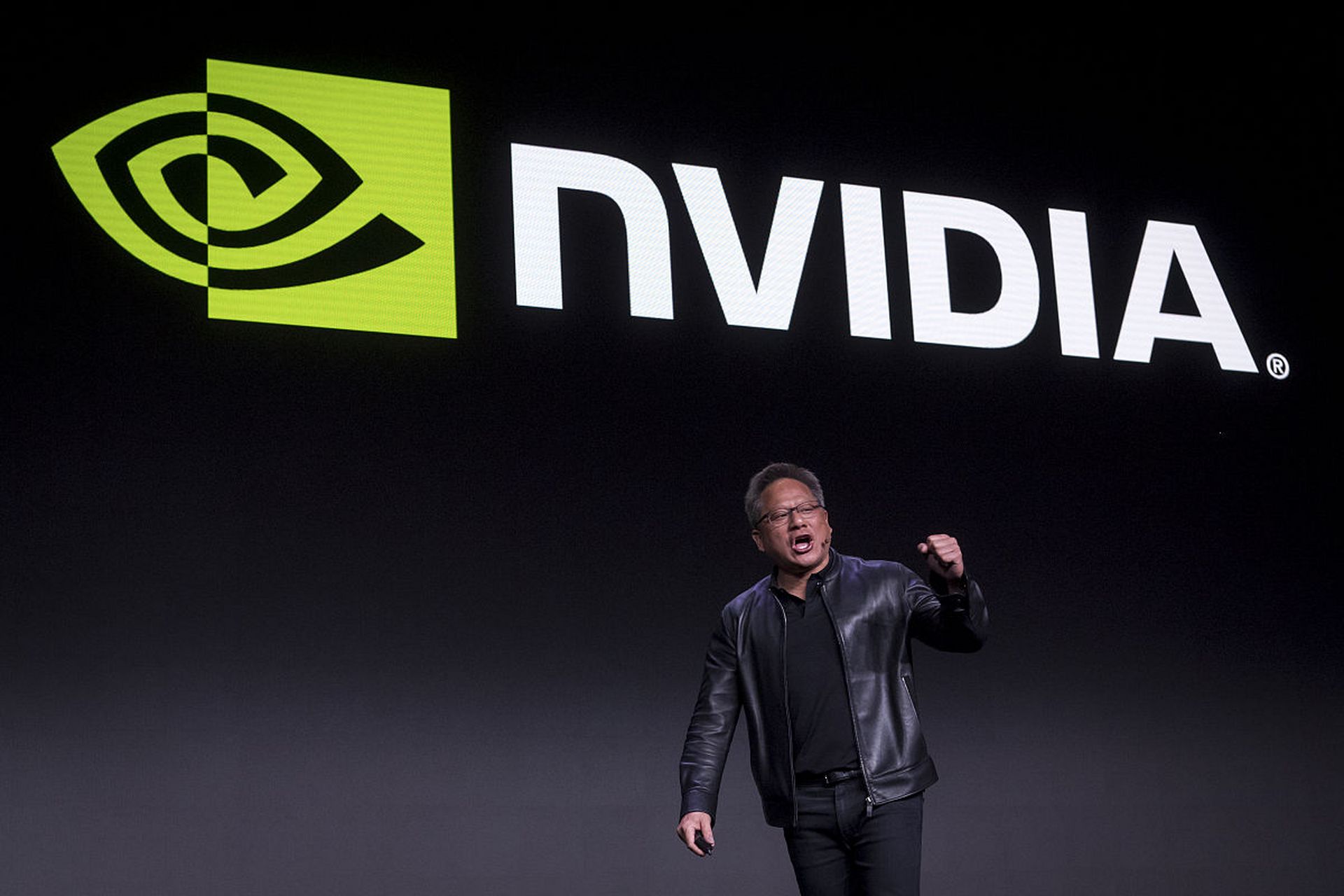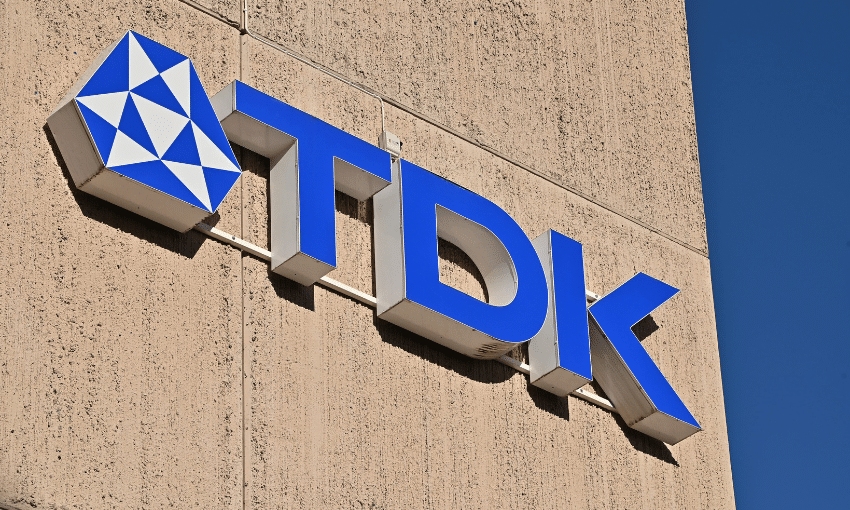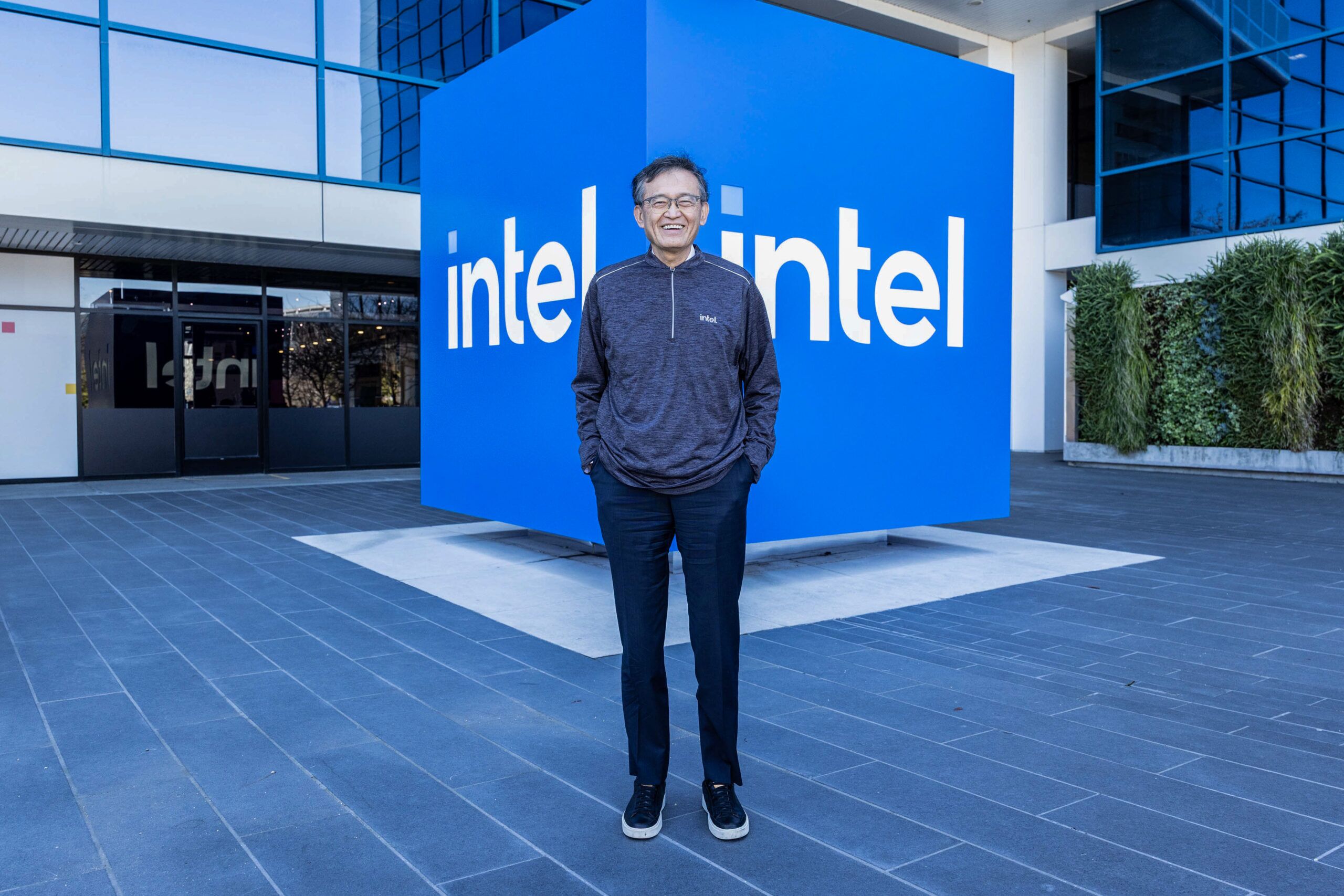October 25, 2024 /SemiMedia/ — Arm recently issued a formal notice to Qualcomm, signaling its intention to cancel their architecture license agreement. If a resolution is not reached within 60 days, Qualcomm could be barred from using Arm’s IP to design chips as early as the end of this year.
Qualcomm produces hundreds of millions of chips annually for devices such as smartphones and AI PCs, all designed using Arm architecture. If the license is revoked, Qualcomm faces the risk of chip supply disruptions and potential infringement issues. Industry analysts warn that this could significantly impact Qualcomm's chip shipments.
The dispute dates back to 2022, when Arm sued Qualcomm, alleging that Qualcomm failed to renegotiate the licensing terms after acquiring Nuvia, a startup founded by former Apple engineers, for $1.4 billion. After the 2021 acquisition, Qualcomm developed a custom Oryon CPU, which it has deployed across multiple product lines. The second-generation Oryon CPU, described by the company as its “most powerful and efficient CPU yet,” is integrated into Qualcomm’s Snapdragon X series PC platform, Snapdragon 8 Elite smartphone platform, and Snapdragon Cockpit Elite and Snapdragon Ride Elite automotive platforms. Qualcomm has promised further enhancements to the Oryon CPU next year.
Qualcomm maintains that its existing agreement covers the business operations acquired with Nuvia, but Arm contends that Nuvia’s chip designs, developed before the acquisition, cannot be transferred to Qualcomm without approval, and has demanded their destruction. After failing to resolve the issue, Nuvia’s licensing agreement expired in February last year, prompting Qualcomm to file a countersuit.
Reports indicate that Arm has given Qualcomm a 60-day notice of termination. If no agreement is reached within this period, Qualcomm will lose access to Arm's instruction sets for chip design. In response, Qualcomm issued a defiant statement, calling Arm's actions anti-competitive and accusing it of leveraging baseless claims to pressure long-term partners and seek higher royalties, disregarding the broad rights outlined in their architecture license agreement.












All Comments (0)